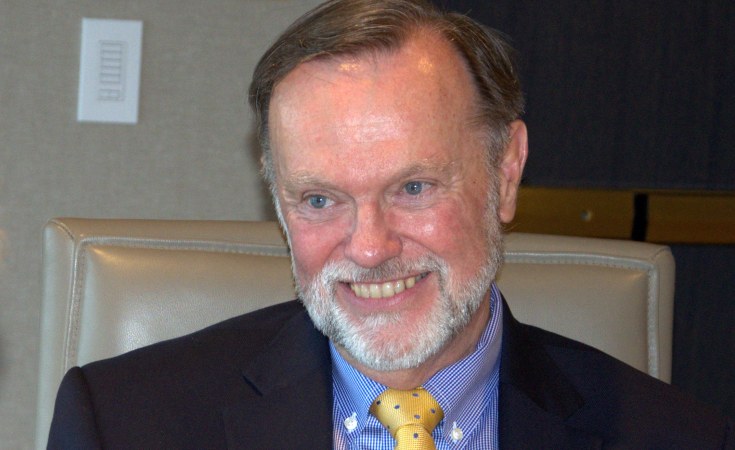Washington, DC — The ‘Crisis in the Democratic Republic of Congo’ panel convened by the Congressional Black Caucus on Capitol Hill last week was planned before the recent outbreak in DRC of Ebola, an infectious and often fatal disease.
That nation's crises include millions of people driven from their homes due to ongoing conflicts, 13 million (or more) Congolese in need of humanitarian assistance and at least seven million people suffering from famine, including four million children under the age of five who face acute malnutrition. Horrific sexual and gender-based violence is a fact of life in DRC. Despite amazing economic potential, the country can be seen to reinforce the worst of the worst stereotypes about Africa.
President Joseph Kabila, who has been in office since 2001, continues to hold onto power even though his final term allowed under the Constitution expired nearly 18 months ago. His refusal to step down has led to ongoing protests, which have been brutally suppressed, resulting in the deaths of at least 50 people thus far.
Elections repeatedly postponed are now scheduled to be held in December.
This is the background that led to boos, hisses and shouts of “liar” when the special advisor to President Kabila, Ambassador Kikaya Bin Karubi,was offered an opportunity to speak after opening remarks by the moderator and the panel. Kikaya, who flew from Kinshasa to take part in the panel, was seated on the front row next to the DRC ambassador to the United States, François Nkuna Balumuene.
Barely one minute into a five-page presentation, Kikaya labeled young Congolese from the Diaspora “prophets of doom and gloom” who spend their time at public meetings and on social media complaining and don’t care about their own country. In response, the room erupted with a chorus of angry shouts, while the panel moderator, Ambassador Linda Thomas-Greenfield, joined by the event convener, Congresswoman Karen Bass, struggled to restore order.
The atmosphere in the room reflected the emotions which accompany the ongoing instability, the humanitarian crisis and the deteriorating situation in the DRC, sub-Saharan Africa’s largest country three times the size of Texas, with a population of more than 84 million people. With nine countries on its borders, what happens in DRC has implications for the entire region.
The panelists echoed the importance of upcoming elections. “The people want change - they want a transition,” said Sylvain Saluseke from LUCHA - a Congolese youth movement for social justice. said, The path to stability is through elections. When Kabila steps aside, DRC will be more stable.” Kambale Musavuli, a human rights activist and spokesperson for Friends of the Congo emphasized the importance of good governance and democracy. “We are not asking the U.S. for solutions,” he said.
Thomas-Greenfield, a former U.S. Assistant Secretary of State for African Affairs, added that U.S. policies toward Africa are in transition. She stepped down from the senior Africa job at the State Department in March 2017. Only last week was the nomination for her replacement announced by the White House - Tibor P. Nagy, Jr., a career diplomat who was U.S. ambassador to Guinea and Ethiopia under Presidents Bill Clinton and George W. Bush.
The Africa Policy Breakfast, hosted by the Congressional Black Caucus Foreign Affairs & National Security Task Force, was attended by a standing-room-only crowd that included Congolese and other members of the African diaspora, policy analysts and at least 10 of the 48 Caucus members.
Noluthando Crockett-Ntonga, a former Africa correspondent for National Public Radio, is a regular contributor to AllAfrica.


